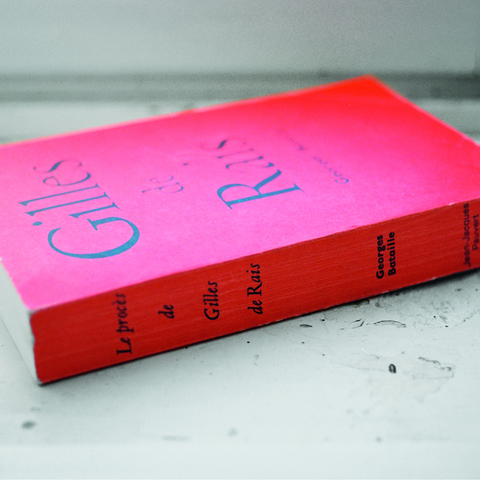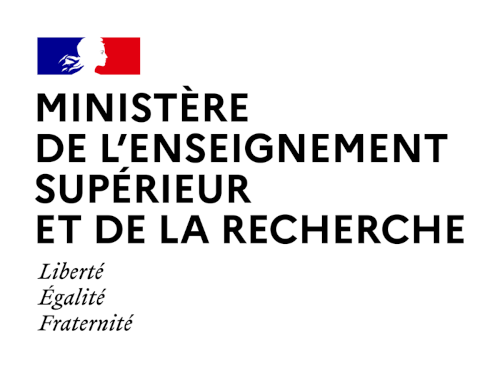Coords.: Juan PRO RUÍZ (Universidad Autónoma de Madrid), Stéphane MICHONNEAU (EHEHI-Casa de Velázquez)
Org.: Universidad Autónoma de Madrid, École des Hautes Études Hispaniques et Ibériques - Casa de Velázquez
Col.: École doctorale de l’Université Paris IV, Doctorado interuniversitario de Historia Contemporánea
Casa de Velázquez, C/ de Paul Guinard 3, 28040 Madrid
Presentation
Traditionally, the historian usually considers literature as a source. How does a Lope de Vega’s comedy help us to understand the Spanish period of the Golden Age? This perspective really contributes to an approach between the literature specialists and the historians: The literature specialists do research into the author, his origin, his social trajectory, his possible political role, eventually about the work, his work flow and reception, etc. The literary studies try to make an effort to provide context to the literary work in the history of the language, the shape and literary traditions, as well as the financial, social and cultural history of literature creation. These methodological practices imply a deep convergence of the meaning of literature and its place in the world: it is though that literature is a powerful voice focus on the whole society.
Nevertheless, the matter of the relation between literature and history generally lead to a dead-end: on the one hand, literature seems to be out of time which would be valued and history is accused of contextualizing the literary texts until reducing not taking them into account. On the other hand, there is a strained relation between the literary texts which tend to literariness and the texts made by the historians which tend to literalness. Many historians have got difficulties to deal with literature and they prefer to reject the investigation in the literary field from their research. In spite of this, the literary studies are fed on the historic research and vice versa, the sciences on history have recently renewed their approach towards the literature, without reductionism. The aim of the workshop is precisely to explore the lines of dialogue between history and literature.
Programme
WEDNESDAY 17th OCTOBER
9h30-10h
Opening
Jean-Pierre ÉTIENVRE
Director of the Casa de Velázquez
Introduction
Juan PRO RUIZ
(Universidad Autónoma de Madrid)
Stéphane MICHONNEAU
(École des Hautes Études Hispaniques et Ibériques - Casa de Velázquez)
10h-14h
Lectures
Werner MACKENBACH
(Potsadam Universität)
Historia, memoria y literatura: en busca del saber sobre el pasado
Xavier PLA
(Universitat de Girona)
Ficción y dicción. Algunas reflexiones sobre las relaciones entre el discurso literario y los hechos históricos
Pause
Judith LYON-CAEN
(École des Hautes Études en Sciences Sociales, París)
La littérature historiographe ? "Savoirs de la littérature" et histoire du littéraire
Debate
16h-19h
Workshops
1. Werner MACKENBACH
La representación en la historiografía y la literatura
2. Xavier PLA
Los límites de la ficción y la verdad histórica
3. Judith LYON-CAEN
La littérature et l'histoire comme témoignage : Ecrits des condamnés à mort sous l'occupation nazie, de Michel Borwicz (1953)
4. Juan Luis PAN-MONTOJO
Dos miradas a la pobreza, la hombría y las relaciones sociales en el mundo rural de la posguerra: Un hombre de Joan Frigolé y Los santos inocentes de Miguel Delibes
5. Carmen DE LA GUARDIA
Sobre escritos y silencios. Memorias de los supervivientes
THURSDAY 18th OCTOBER
10h-14h
Lectures
Jordi CANAL
(École des Hautes Études en Sciences Sociales, París)
La literatura y la escritura de la historia
Jean-François CHANET
(Institut d'Études Politiques, Paris)
Le roman et la politique : réflexions à partir du cas d’Anatole France
Pause
Sylvain VENAYRE
(Université Paris I)
Présent, passé … conditionnel : les temps de l’écriture historique et ceux de la fiction
Debate
16h-18h
Workshops
1. Jordi CANAL
El yo del historiador en la escritura de la historia
2. Jean-François CHANET
Victor Hugo à Jersey : entre poétique et politique de l’exil
3. Sylvain VENAYRE
Écrire sa propre histoire : les ambiguïtés de l’ego-histoire en France
4. Jesús IZQUIERDO
Alrededor de la película Vidas y muertes de Buenaventura Durruti, de Albert Boadella y Jean Louis Comolli (1999)
5. Stéphane MICHONNEAU
Los Sátrapas de Occidente, una novela de testimonio
FRIDAY 19th OCTOBER
10h-11h
Lectures
Jordi GRACIA
Elogio del intruso o los negocios entre historia y ficción
Debate
11h-13h30
Round table
Jordi GRACIA
Alfons CERVERA
Andrés TRAPIELLO


















